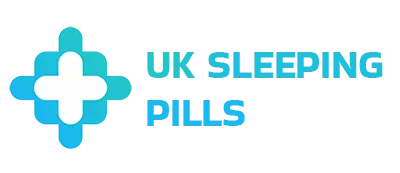Anxiety, Depression
ADHD Treatment
Comprehensive Guide to ADHD Treatment
ADHD (Attention-Deficit/Hyperactivity Disorder) treatment is multifaceted and tailored to the individual’s needs. It typically involves a combination of medication, therapy, lifestyle modifications, and support systems. Here is an expanded overview of the various treatment options:
Medications:
Stimulants
Stimulants are the most common and effective medications for ADHD. They help increase attention and focus by boosting the levels of certain neurotransmitters in the brain.
1. Methylphenidate-based Stimulants:
- Ritalin: Available in short-acting and long-acting forms.
- Concerta: A long-acting form of methylphenidate.
- Daytrana: A transdermal patch.
- Focalin: Both short-acting and extended-release versions.
2. Amphetamine-based Stimulants:
- Adderall: Available in immediate-release (IR) and extended-release (XR) forms.
- Vyvanse: A prodrug that is converted into an active form in the body, providing a long duration of action.
- Evekeo: Used for both ADHD and narcolepsy.
Non-Stimulants
Non-stimulant medications are prescribed when stimulants are not effective, are contraindicated, or cause undesirable side effects.
1. Atomoxetine (Strattera): A selective norepinephrine reuptake inhibitor.
2. Guanfacine (Intuniv): An alpha-2 adrenergic agonist, also available in a short-acting form (Tenex).
3. Clonidine (Kapvay): Another alpha-2 adrenergic agonist, also available in a short-acting form (Catapres).
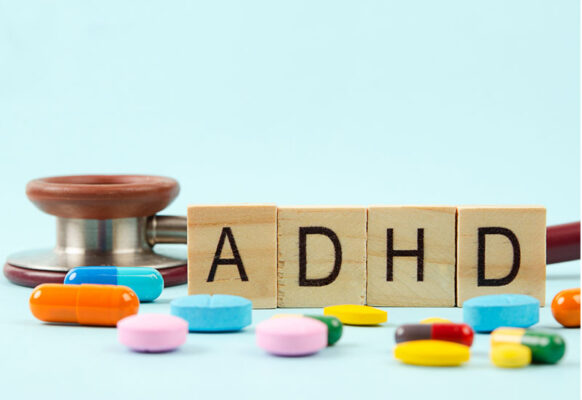
Behavioral Therapy
Cognitive Behavioral Therapy (CBT)
CBT is a structured, time-limited therapy that aims to change patterns of thinking and behavior. It helps individuals with ADHD develop skills for managing their symptoms, such as organizational strategies and problem-solving techniques.
Parent Training and Education Programs
These programs educate parents on effective parenting techniques specifically tailored for children with ADHD. They cover:
- Positive reinforcement strategies.
- Consistent discipline methods.
- Establishing structured routines.
Behavioral Interventions in School
School-based interventions are critical for children with ADHD to succeed academically and socially. These may include:
- Individualized Education Programs (IEPs): Customized educational plans that outline specific goals and accommodations.
- 504 Plans: Provide accommodations and modifications to help students with disabilities access the general education curriculum.
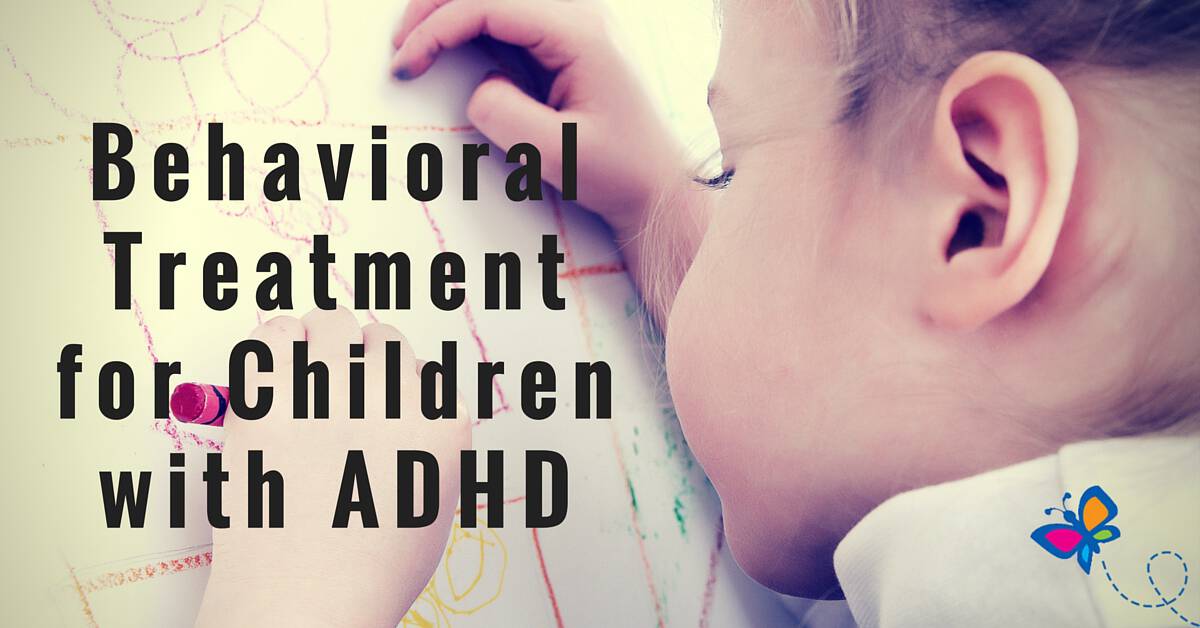
Lifestyle Changes and Support
Diet and Nutrition
A healthy diet can have a significant impact on ADHD symptoms. Recommendations include:
- Reducing sugar and artificial food colorings.
- Increasing intake of omega-3 fatty acids found in fish, flaxseeds, and walnuts.
- Ensuring balanced meals with adequate protein and complex carbohydrates.
Regular Exercise
Physical activity is beneficial for managing ADHD symptoms. Exercise helps increase levels of dopamine, norepinephrine, and serotonin, which are neurotransmitters involved in attention and mood regulation. Activities such as swimming, cycling, and team sports are particularly effective.
Adequate Sleep
Consistent and sufficient sleep is crucial for individuals with ADHD. Sleep deprivation can exacerbate symptoms, so establishing a regular sleep routine and ensuring a restful sleep environment is essential.
Mindfulness and Relaxation Techniques
Mindfulness meditation, yoga, and other relaxation techniques can help reduce stress and improve focus. These practices teach individuals to stay present and manage impulsive behaviors.
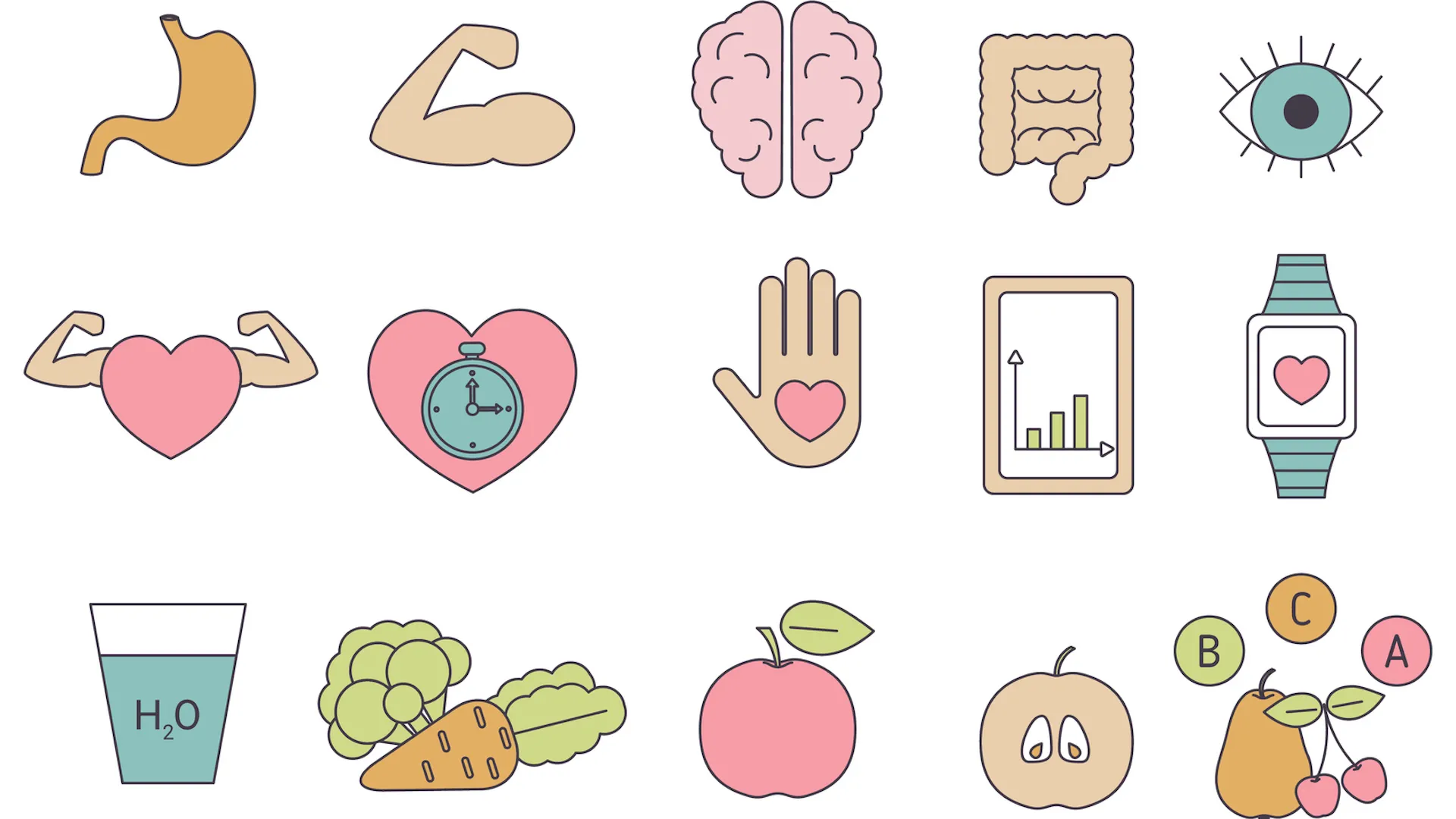
Alternative Treatments
Neurofeedback
Neurofeedback is a type of biofeedback that uses real-time displays of brain activity to teach self-regulation of brain function. It has shown promise in some studies for improving ADHD symptoms, though more research is needed to confirm its efficacy.
Supplements
Certain dietary supplements may help alleviate ADHD symptoms, including:
- Omega-3 Fatty Acids: Found in fish oil, they are believed to support brain health.
- Zinc: Important for neurotransmitter function.
- Iron: Deficiencies are linked to cognitive impairments.
- Magnesium: Essential for many biochemical reactions in the brain.
Consultation with a healthcare provider is important before starting any supplements.
Professional Support
Psychiatrists and Psychologists
These professionals are essential in diagnosing ADHD, prescribing medication, and providing therapy. They offer specialized expertise in managing ADHD and related conditions.
Occupational Therapists
Occupational therapists help individuals with ADHD develop skills for daily living and improve their organizational and time-management abilities. They often use practical, hands-on strategies.
Support Groups
Joining support groups can provide emotional support and practical advice from others experiencing similar challenges. These groups offer a sense of community and shared understanding, which can be incredibly beneficial for both individuals with ADHD and their families.
Integrative Approach
Effective ADHD treatment often requires a comprehensive, integrative approach that combines various strategies. Regular follow-up with healthcare providers is crucial to monitor progress and make necessary adjustments to the treatment plan. Collaboration among healthcare providers, educators, and families ensures that the individual with ADHD receives consistent and holistic support.
By addressing ADHD from multiple angles, individuals can better manage their symptoms and improve their quality of life.
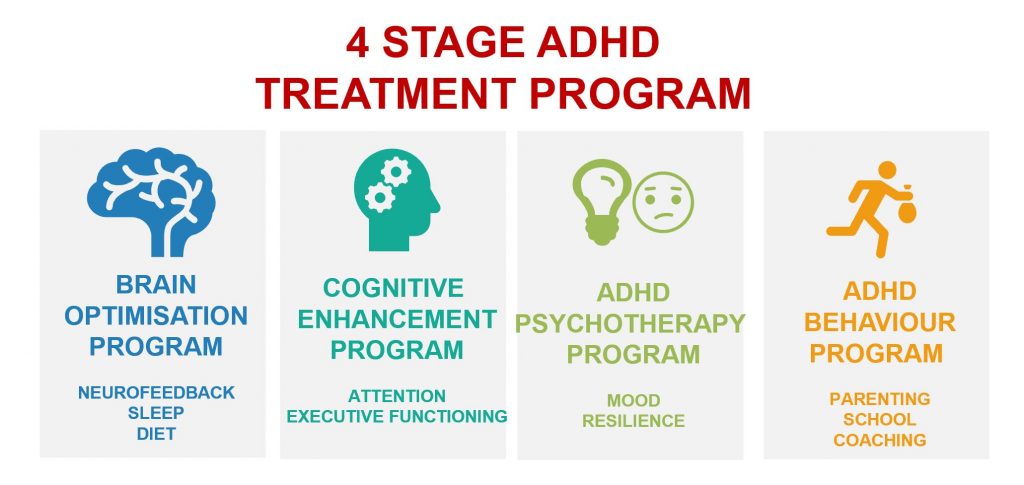
Conclusion
Managing ADHD effectively requires a multifaceted and individualized approach. Combining medication, behavioral therapy, lifestyle modifications, and professional support forms the cornerstone of a comprehensive treatment plan. ADHD treatment is multifaceted and tailored to the individual’s needs.
Stimulants and non-stimulants can significantly reduce core symptoms, while therapies like CBT and parent training provide essential skills and strategies for daily living. Lifestyle changes, including a healthy diet, regular exercise, adequate sleep, and mindfulness practices, further enhance the ability to manage ADHD. Alternative treatments such as neurofeedback and supplements may offer additional benefits for some individuals.
The role of professional support is critical, with psychiatrists, psychologists, and occupational therapists providing specialized care, and support groups offering invaluable community connections.
A collaborative effort among healthcare providers, educators, and families ensures that individuals with ADHD receive holistic support tailored to their unique needs. Regular follow-up and adjustments to the treatment plan are essential to address evolving challenges and optimize outcomes.
With a well-rounded and integrative approach, individuals with ADHD can effectively manage their symptoms, leading to improved attention, behavior, and overall quality of life.
